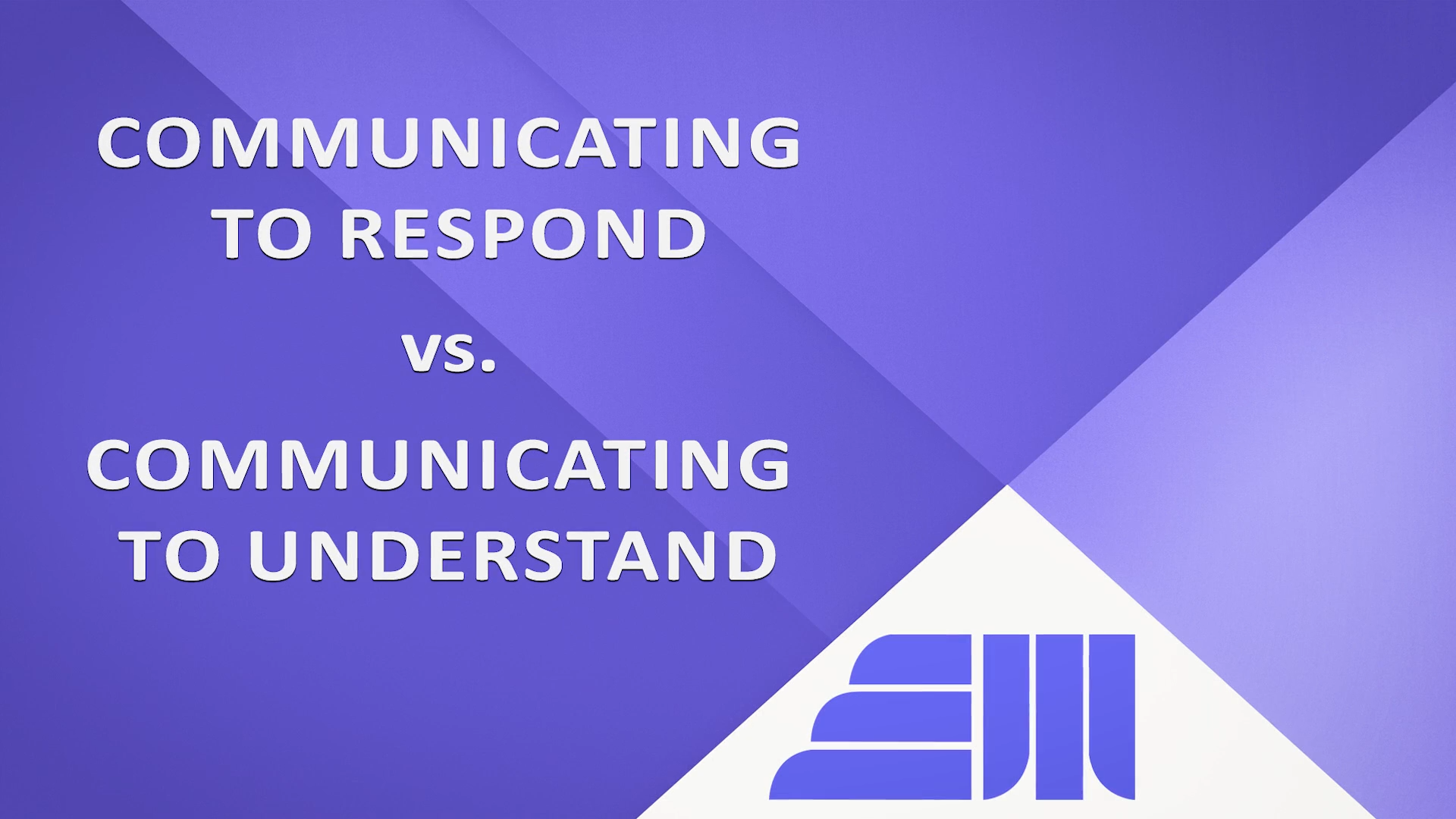
Distinguish Your Leadership with the Combination of Passion and Compassion
Being a passionate leader is no longer enough. Great leaders balance fire with empathy, drive with discernment, and urgency with understanding...

Founder
By Gerald Parsons • Jul 22, 2023
Captain Eugene “Red” McDaniel, a navy pilot, was shot down in North Vietnam and held as a prisoner of war for six years. In his book, Scars and Stripes, he described the desperate need for prisoners to communicate with one another to maintain morale. He shared numerous stories of POWs who died, unnecessarily, because they could not find ways to communicate regularly, and effectively with their fellow POWs.
On many occasions Captain McDaniel and his fellow POWs endured torture rather than give up their attempts to stay in touch with fellow prisoners When Captain McDaniel was in solitary confinement, his fellow POWs risked death by working out a complicated communication system that included writing messages under their plates, coughing, slang, taping (by code) on their cell walls, laughing, scratching, even spitting or flapping laundry a certain number of times to transmit letters of the alphabet.
“One thing I knew,” says Captain McDaniel, “was that I had to have communication with my own people. Like me, they wanted to live through their imprisonment.” Communication with each other was what the North Vietnamese captors took the greatest effort to prevent. The North Vietnam guards knew that POWs were sharing similar suffering. Captain MCDaniel knew that any lone, isolated POW became weak and knew he had to make, and keep contact, no matter what the cost, with those isolated POWs.

Being a passionate leader is no longer enough. Great leaders balance fire with empathy, drive with discernment, and urgency with understanding...

Founder

When communication breaks down, so does trust. And when trust disappears, so does engagement, performance, and retention...

Founder

In todays rapidly evolving business landscape, organizations are increasingly recognizing that their most valuable asset isn't their technology, infrastructure, or even their intellectual property—it's their human capital.

Founder